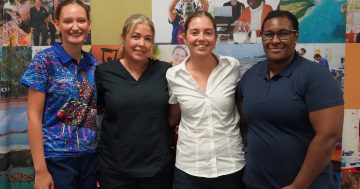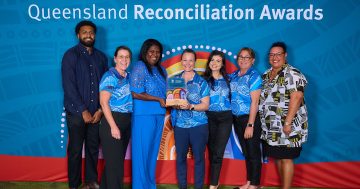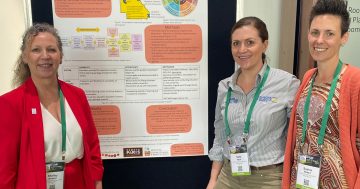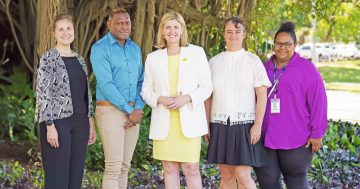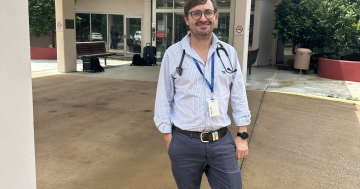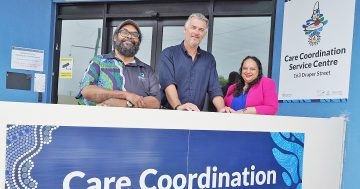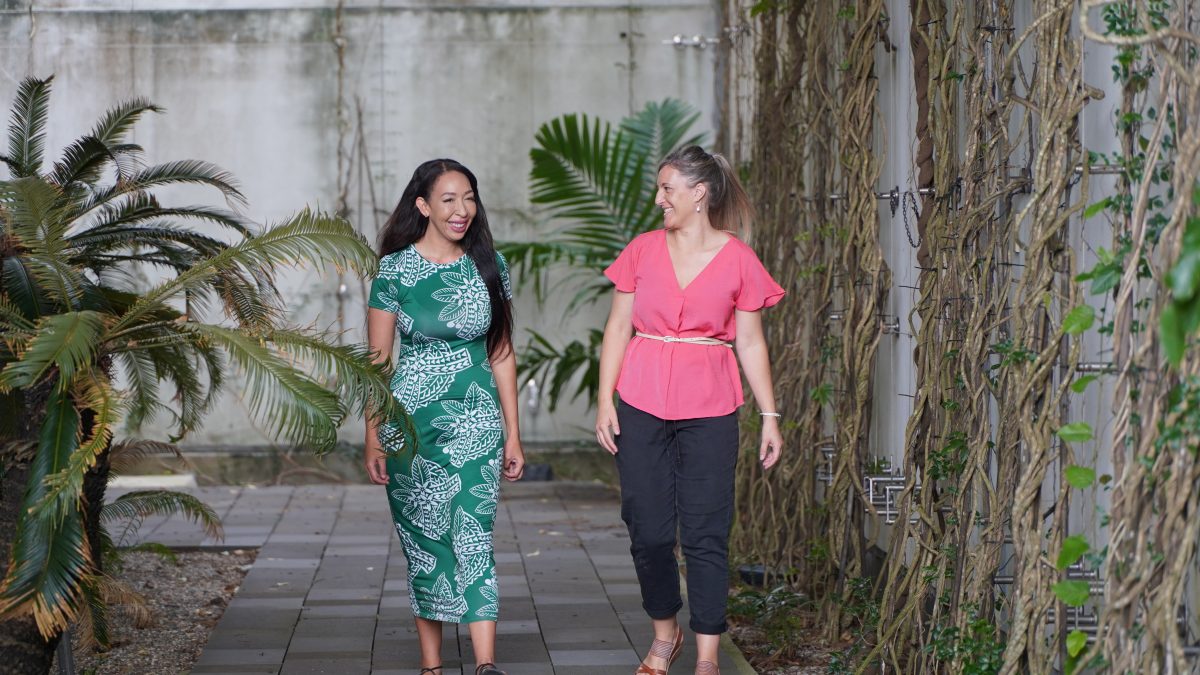
TCHHS public health unit nurses Rittia Matysek and Leanne Hawthorn were lead authors of the COVID-19 Care in the Home study. Photo: Supplied.
A new study has shown virtual care is a promising way to support remote communities across Cape York and the Torres Strait during major health responses.
During the first COVID-19 wave across the region in 2022, Torres and Cape Hospital and Health Service (TCHHS) offered daily phone calls to positive cases and their families to assist them in isolating safely at home.
The program, called COVID-19 Care in the Home (CCITH), involved more than 108 team members, including a significant number of First Nations staff to ensure cultural sensitivity and safety.
The study, led by public health unit nurse Rittia Matysek, surveyed 140 people who were part of the CCITH program.
“As part of this study, we spoke to dozens of our community members who were part of the program and overwhelmingly, they felt their health needs were met by TCHHS and the CCITH team,” Ms Matysek said.
She said regular calls, unlike other models across the state which only provided text message updates to patients, were integral to the success of the program.
“This study showed that a virtual model of care can be used in a geographically isolated area with vulnerable communities and can be well-received by these communities,” Ms Matysek explained.
“Most did not need to attend hospitals or primary health care centres, as they were able to speak directly to someone daily and this helped ease the burden on our facilities.”
5,457 positive COVID-19 cases were recorded across Cape York and the Torres Strait between December 2021 and April 2022, with almost 3,500 enrolled in the CCITH program.
TCHHS executive director of medical services Dr Marlow Coates said while the pandemic forced the delivery of many clinical services to temporarily cease, the home care program ensured services could be delivered directly to patients.
“This study shows communities were happy with the support they received, and I believe the CCITH model has many potential applications in the future for the TCHHS and other health services,” he said.


